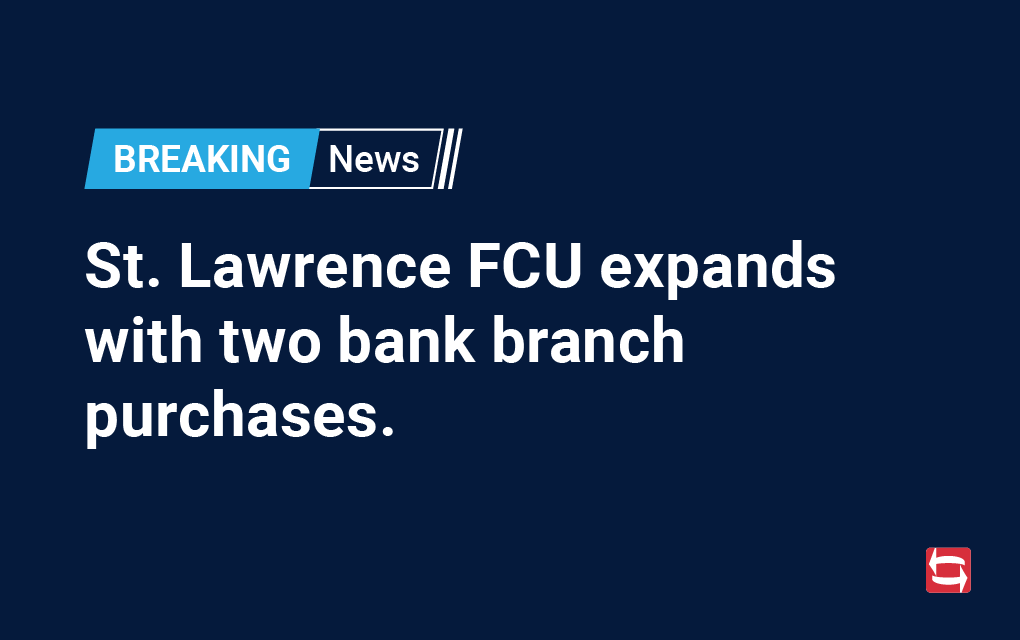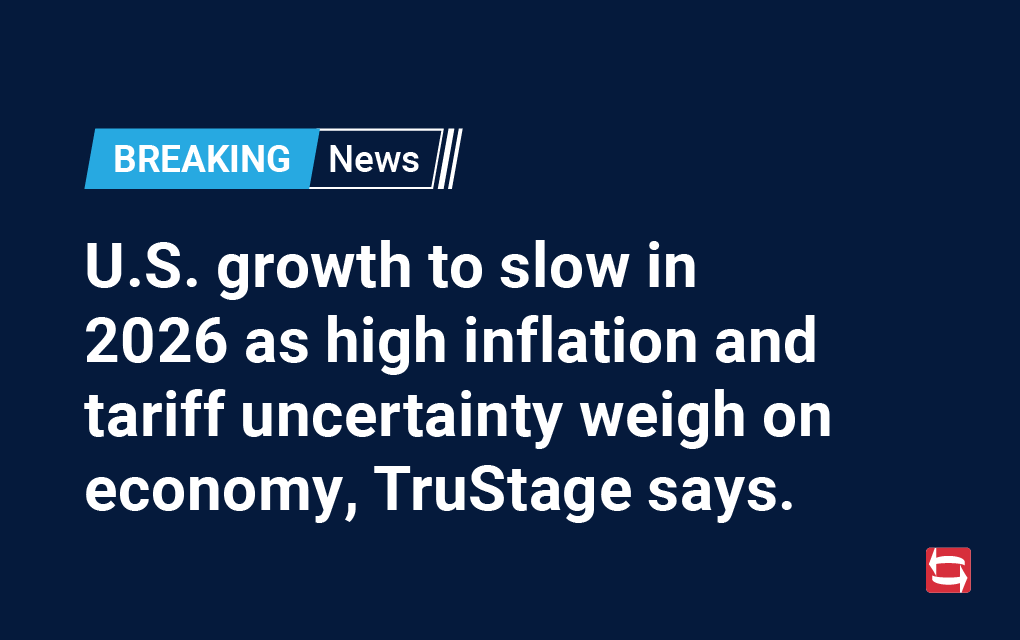
Turning the tables: Bank to buy credit union
M&A deals involving credit unions buying banks have been on the rise in recent years, but the reverse transactions are extremely rare.
A record number of deals in which credit unions acquired community banks were struck last year, but what about the reverse? Are banks buying credit unions too?
Actually, not so much.
The most recent transaction in which a bank bought a credit union was believed to have happened back in 2020 when Monroe, Indiana-based Adams County Credit Union sold itself to Berne, Indiana-based First Bank of Berne.
Adams County CU had $18.4 million in assets at deal closing, while First Bank of Berne had $714.3 million in assets as of the same date, according to S&P Global Market Intelligence data.
Since then, 62 credit union-buying-bank deals have been announced in the past four years.
But a Massachusetts-based bank wants to flip the script.
Springfield, Massachusetts-based Arrha Credit Union’s board recently approved the company’s proposed acquisition by Pittsfield, Massachusetts-based Pittsfield Co-operative Bank, S&P Global Market Intelligence reported.
The board approved the merger proposal during a special meeting held in late November, $404 million-asset Pittsfield Co-operative Bank’s president and CEO J. Jay Anderson told S&P.
The merger must now be approved by $150 million-asset Arrha Credit Union’s membership and the National Credit Union Administration.
The credit union’s adoption of the merger proposal initiates a 30-day window in which Arrha CU must notify the NCUA regional director of its intent to merge and request to proceed with a membership vote, S&P reported.
But as of Dec. 17, the NCUA had not received a request to proceed with the membership vote, an NCUA spokesperson told S&P. Once the credit union gets approval from the NCUA, it will have to post a notice of at least 90 days for a special meeting in which members can cast their votes.
Anderson did not respond to Tyfone’s request for a comment.
So why are there so few banks buying credit unions, and could the trend increase?
Attorney Jeff Cardone of Luse Gorman, who advised on several of last year’s credit union-bank deals, said that credit unions can legally merge with both mutual and stock banks, subject to a multi-step process that involves the approval of multiple regulators and a vote of the credit union’s members.
Practically, for certain banks with minimal bank acquisition targets, acquiring a credit union may be a prudent way to expand their deposit base and enhance their geographic footprints, Cardone told Tyfone.
“From the credit union’s perspective, a merger with a bank may make sense and be in the best interests of members, particularly since a merger payment based on an independent valuation must be made to members as part of the transaction,” he said.
Arrha has 9,600 members and lost roughly $50,000 through the third quarter of 2024 after earning $273,000 in 2023, according to call report data from the NCUA.
Pittsfield Co-operative Bank had net income of $141,000 at the end of the third quarter of 2024, a 93% decrease compared to a year earlier, according to FDIC data.
“From the credit union’s perspective, a merger with a bank may make sense and be in the best interests of members, particularly since a merger payment based on an independent valuation must be made to members as part of the transaction.”
– Jeff Cardone
Attorney
Luse Gorman








